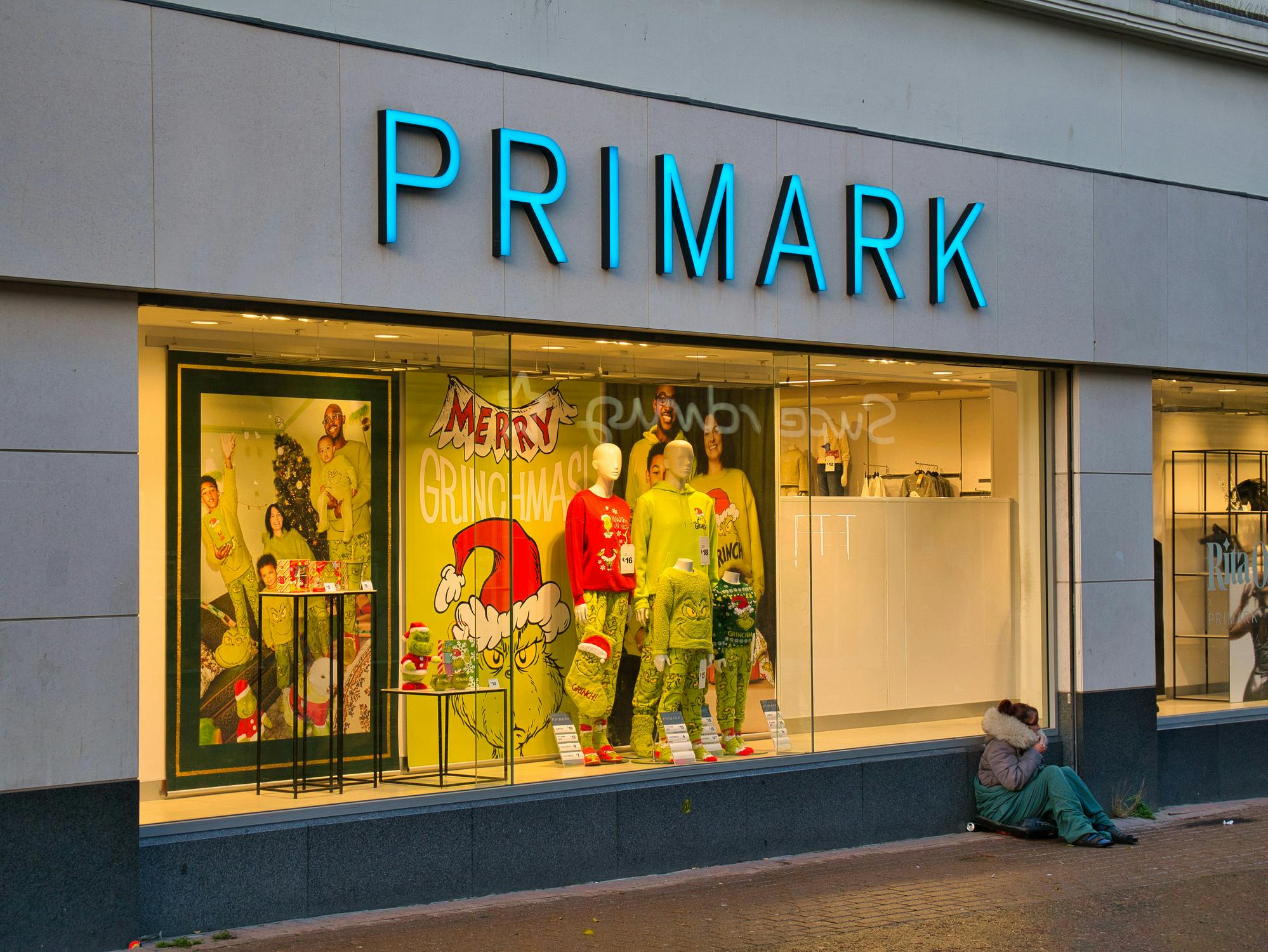Primark owner AB Foods’ shares slump because of sugar and sentiment
As its sugar business fails, fast-fashion retailer Primark is hoping a stateside push can unlock more sweet growth.
The owner of bargain fashion retailer Primark has had a rough week.
But for once, the value clothing chain — which has seen its fair share of controversy in recent years, from unethical labor practices and sustainability concerns to “errors of judgement” leading to its CEO resigning last month — wasn’t the primary source of parent company Associated British Foods’ pain.
Sweet, sours
AB Foods shares slumped more than 9% on Tuesday after reporting interim results for the first half of 2025. The group warned that its sugar business — yes, Primark’s parent company is deep in the sugar game... and the bread game... and the enzyme game... and the animal feed game — will struggle to get back to profitability anytime soon, and that its commercial viability is being “undermined.”
Indeed, AB Foods now expects to report a loss of up to £40 million in its sugar segment for FY25, owing to restrictions put on its sugar-derived biofuel business, Vivergo, as well as declining market conditions for comestible sugar in Europe. But while the sweet sector weighed heavily on the company’s outlook, the forecast for its retail division (which is just Primark), wasn’t too bright either.
For the past decade, Primark has been the primary growth driver for AB Foods. Retail revenues at the company increased by 57% in the five years to 2019 (as sugar contracted by 40%) before the budget Irish retailer had a particularly strong postpandemic rebound. Since 2021, Primark’s sales have boomed almost 70% to a whopping £9.4 billion last year.
However, the latest interim results showed that the company’s meal ticket posted a 4% decline in comparable sales in the UK and Ireland in the 24 weeks to March 1.
The company pointed to weakening consumer confidence, job cuts, and a “lack of seasonal purchasing” due to “mild weather” (companies love blaming the weather for their woes, but rarely credit it for their wins) as reasons why Primark has lost market share in the UK.
To get growth back on track, the group is betting on its stateside push. Though tariffs affecting its clothes production have complicated its supply chain somewhat, Primark is planning to expand its 29 US stores to 60 by the end of 2026, in the hopes that the brand’s low-priced offerings will attract de minimis-affected customers away from Shein and Temu.
Besides its international expansion, Primark still mentioned some “early signs of improvement” in the brand’s UK sales as the weather begins to warm up again — which often means Brits panic-buying cheap shorts, flip flops, and swimwear at a moment’s notice.
